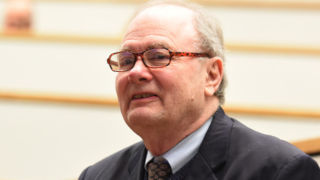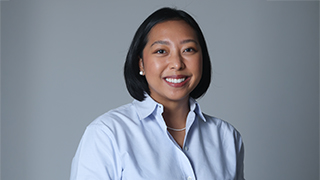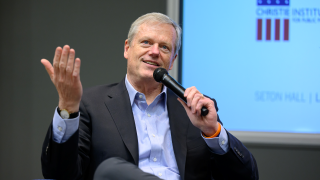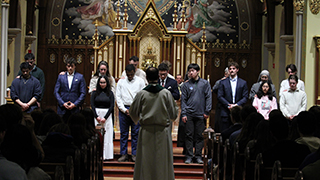Law Professor in Washington Post Symposium on Forensics
Wednesday, September 4, 2019

Professor Risinger weighed in among the panel of experts on the subject of experts, reliability, the compatibility of "good science" and an adversarial justice system, the degree to which juries should rely on expert testimony as well as a number of other topics related to forensics in the law.
Risinger, who is considered among the forefront of legal scholars in the field of evidence, had this to say about managing the difficulties of managing experts within the legal system:
Court-appointed experts seem like a good solution to the problem of over-partisan experts. However, they are much more problematic than it would appear. In regard to admissibility (reliability) hearings on proposed expert testimony out of the hearing of the jury, the court could bring in its own expert, but it could not, especially in criminal cases, deprive a party of the right to call the party's own expert to dispute the positions of the court-appointed expert — or even to corroborate and supplement them. So you'd end up with three experts instead of two. And if courts are not great at evaluating conflicting expert testimony, there is no reason to believe they will be better at picking an expert in a controversial area to begin with. Someone also has to pay the court-appointed expert. So although a court could do this, it is rarely done.
The issues regarding admissibility hearings apply even more acutely to testimony in front of a jury. The defendant has a right to put on a qualified expert of his choosing, and there would be objections that the court-appointed expert's evaluation would be accepted by the jury without any real evaluation, based on the expert having been blessed as "neutral" by the court. And now we are back to the question of the court's ability to select the "right" expert in a contentions area.
The term "hot-tubbing" was coined in Australia for the process of making the experts hired by the two sides of a case enter into dialogue to expose their points of agreement and disagreement. There are a number of approaches to the details of the process, but it is a more practical possibility than court-appointed experts. Still, there are problems. It is not clear that a criminal defendant can be forced into submitting their expert to a "hot-tubbing" experience. More substantively, there is some reason to believe that, just as the views of the more aggressively smooth and confident expert may be accepted by the jury independent of their tenability or weight upon rational reflection, that same witness may be able to sway the hot-tubbing dynamic in favor of his or her employer. So while I believe that properly structured "hot-tubbing" can be of use, it is not a panacea. Nor do I know of any other panaceas.
You can learn more about Professor Risinger as well as access the Washington Post series here.






